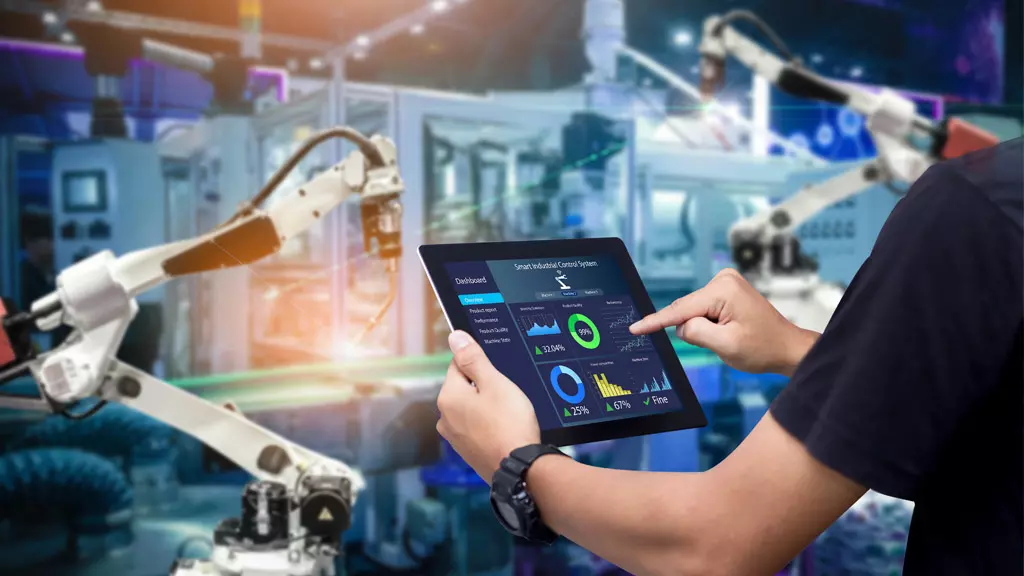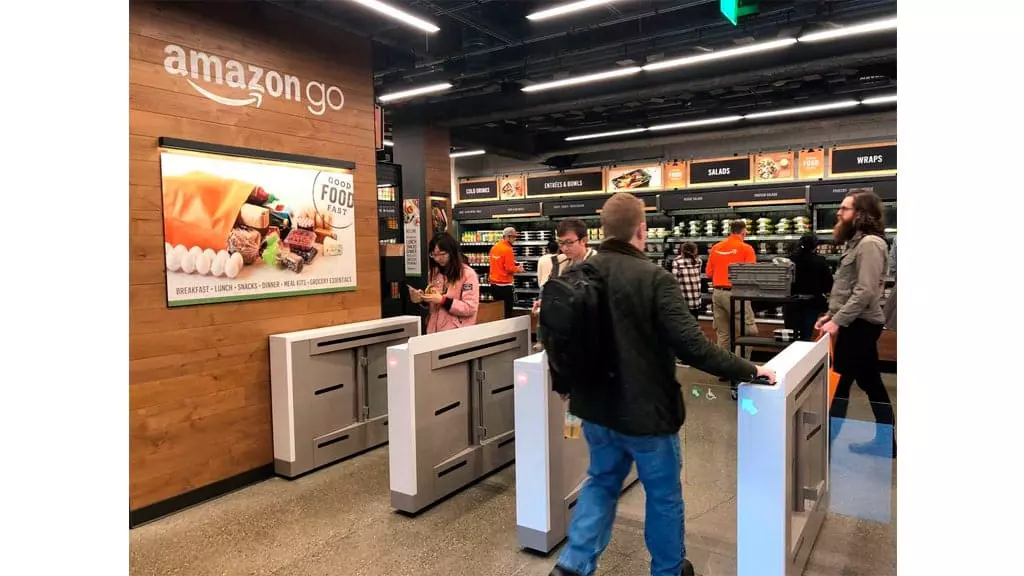2020, the year of process automation?

Contents
2020, the year of process automation?
Process automation can generate hope for the progress it implies in society, but also fear due to its possible threat to current jobs. The beginning of a new year is always a good time to remember failed predictions by prestigious scientists and institutions. Such as the following mentioned in an article in Best Life magazine:
- The National College of Surgeons of Scotland predicted in 1911 that humans, because of their anatomy, would only have 1 toe on each foot in 2020
- The magazine Popular Mechanics predicted in 1951 that today we would all have one or two helicopters parked outside our homes
- Michael J. O’Farrell, founder of the Mobile Institute, predicted: “in 2014 teleportation and telepathy will begin to be possible in 2020 and common in 2040”
- The Rand Corporation predicted in 1994 that in 2020 we would have animal employees, such as “the ape driver”
All these are failed forecasts of the history of humanity for 2020. But they don’t always fail. Sometimes misfortunes are foretold such as the terrorist attacks of 11 September 2001 (Tom Clancy wrote in his novel Debt of Honor published in 1994 about how a 747 crashed into the Capitol building). And on other occasions technological changes that influence many aspects of our life, such as Minority Report, a film released in 2002 and set in 2054 applauded for being prophetic about things that are already a reality today: driverless cars, personalised advertisements, gesture-controlled computers and voice automation at home. And it is process automation that we are going to focus on in this article.
Automation, progress or threat?
Automation is a system where production tasks, usually carried out by human operators, are transferred to a set of technological resources. For example the robots used by Deutsche Bank to replace 18,000 workers in a radical restructuring plan.
Viktor Mayer-Schönberger and Kenneth Cukier, authors of the book Big Data, A Revolution That Will Transform How We Live, Work and Think, reflect on automation in this paragraph: “In the future – and sooner than we think – many aspects of our world will be augmented or replaced by computer systems that today are the sole purview of human judgment. Not just driving or matchmaking, but even more complex tasks such as diagnosing illnesses, recommending treatments, or perhaps even identifying criminals before one actually commits a crime”.

Predicting that a criminal will commit a crime can only be done for now in the Minority Report. But the reality is that process automation can generate hope for the progress it makes in society (it increases productivity and our well-being); and fear for threatening at least 14% of current jobs worldwide and up to 21.7% in Spain according to the OECD. This fear not only comes from news like that of Deutsche Bank, but from other well-known cases such as JD.com: a Chinese e-commerce platform which opened a centre in Shanghai in 2018 that processes 200,000 daily orders with only four workers and unmanned stores opened by Amazon Go in the United States.

Process automation generates uncertainty
But that fear is nothing more than the uncertainty generated by automation. Just like the Industrial Revolution did in its day. As Rafael Doménech, director of Economic Analysis at BBVA Research, told Retina: “employment growth will occur in occupations where non-routine tasks predominate, both highly qualified and more abstract tasks and those requiring manual ability or personal communication but few qualifications”. Therefore, while there is a decline in positions that enter figures such as accountants, clerks and secretaries, there is an emergence of data analysts. Also artificial intelligence and machine learning experts, and CEOs and operations directors. Besides all that we will also have more time to perform valuable tasks that technology cannot resolve.
In conclusion, the fact that robots destroy some jobs does not necessarily mean that the number of total jobs in the economy will decrease. They will generate others directly or indirectly. It is a question of adaptation.
Is de-automation possible?
Contrasting news to that about Deutsche Bank, JD and Amazon Go can be found in a recent article in Le Monde. It asks whether de-automation is possible due to the disappearance of automatic car wash tunnels in the UK, being replaced by the classic hand wash.
In reference to this, the Spanish economist Santiago Niño Becerra stated that this situation is due to the fact that: “an automatic tunnel requires significant investment and is subject to strong control measures. When wages have dropped to such low levels like those of today and there are plenty of people with low qualifications, hand washing is cheaper and environmental regulations are not as strict”.
In any case and in light of the above, 2020 promises to be an exciting year for automation. Without forgetting that the opposite path: that of de-automation, albeit in rare cases, is also possible.


